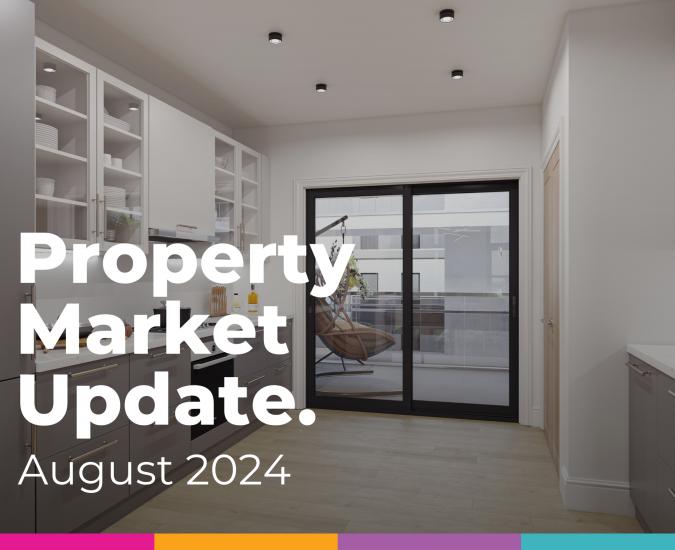The Key To Developing Commercial Conversions
Last updated 26th June 2018 • JaeVee Marketing • JaeVee
With recent economic pressures many commercial properties are standing empty for long periods of time.
They can easily get overlooked but they can in fact make great development opportunities by turning them into residential properties for good healthy returns but what do you need to know to do this effectively?
Read on for the key points in developing commercial properties.
Price
There are many positives when developing a commercial property.
The price is normally lower due to the saturated commercial property market.
Many commercial properties would have been sitting on empty costing the seller a small fortune in up keep costs and many will be keen for a quick sale.
Beware though, this also means competition!
Planning
Before you go and make an offer you need to look at the property and ask yourself what needs to be done to make it into residential dwellings.
Will you need to obtain planning permission or use prior approval?
If there is any external work that needs to be done on the property then you will certainly need planning permission.
Check first to see if there are any local governmental applications from previous intentions.
This will give you a good idea of whether you can gain permission.
What are the tax implications?
It may be an idea to speak to a property accountant as you are able to claim capital allowances for the work that needs to be done, but not on the property sale itself.
Additional costs
Other than building costs, tax costs such as the VAT of commercial property being different from residential property, there are also Part L Regulations you will need to consider.
This is the regulations of the conversion of fuel to power for the property.
Talking of power, if you are splitting the building into flats, how much will it cost to split the gas/ electric into multiple dwellings?
Architect fees, structural surveys, acoustic testing and building inspectors will all charge a fee and the additional costs of their professional services will need to be factored into your budget.
Accessibility
Many commercial properties will be found in highly built up areas and town centres.
Will you be able to rent out or sell the property if the occupants have to wait for 20 minutes in traffic to get to property or has to park 1 mile down the road?
Is there sufficient parking for a family?
This is an essential area you need to consider when converting commercial property.
Surrounding areas
Is the commercial property in a location that would make a good residential area?
How close are the schools and transport links?
Is it too noisy or busy for say a family to live in?
Is the area flourishing or has it seen better days as this will give you an idea of how the market is performing in that area.
Wait time
Many local authorities have a policy in place whereby if a seller does not believe that turning the property from commercial to residential will flourish then the property will need to stay in the market from between 6-12 months to satisfy the local authorities requirements and prove that there is a market for it.
This means it might be a case of waiting for a number of months before being able to complete the conversion.
Developing a commercial property to a residential property has previously been a good investment for many.
Windmills, public toilets and old ambulance stations have all been successfully converted but it is important to do the relevant preparations thoroughly and accurately first which is the key to developing commercial conversions.
There’s a lot of questions needing answering when considering venturing into the commercial conversions development game.




